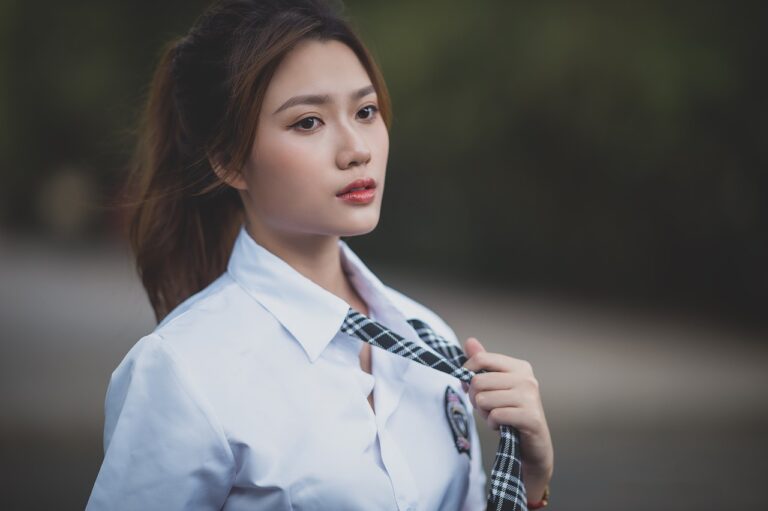Tailoring for Special Needs: Adaptive Clothing Solutions
bet bhai login, radheexch, lotus365: Tailoring for Special Needs: Adaptive Clothing Solutions
When it comes to fashion, one size does not fit all. This rings particularly true for those with special needs who may require adaptive clothing to accommodate their unique requirements. Whether it’s for individuals with physical disabilities, sensory sensitivities, or other conditions, finding clothing that is both comfortable and functional can be a challenge. That’s where tailoring for special needs comes into play.
At the heart of adaptive clothing solutions is the understanding that everyone deserves to feel good about what they wear. By customizing clothing to meet the specific needs of individuals with disabilities, tailors can create garments that are not only stylish but also practical and easy to wear.
Here are some key considerations when it comes to tailoring for special needs:
1. Customized Fit: One of the primary benefits of adaptive clothing is that it can be tailored to fit the unique body shape and proportions of the wearer. This is especially important for individuals with physical disabilities who may have mobility limitations or require specialized support in certain areas.
2. Easy Dressing: Adaptive clothing often features modifications such as Velcro closures, magnetic fastenings, or easy-access zippers to make dressing and undressing easier for those with limited dexterity or range of motion.
3. Sensory-Friendly Fabrics: For individuals with sensory sensitivities, soft fabrics and tagless designs can help prevent discomfort and irritation. Tailors can work with sensory-friendly materials to ensure a comfortable fit for all wearers.
4. Reinforced Seams: For individuals who require extra support or stability, reinforced seams can help prevent tears and ensure the longevity of their clothing.
5. Adjustable Features: Clothing with adjustable features such as elastic waistbands or adjustable hems can accommodate fluctuations in body size or provide a customizable fit for individuals with unique needs.
6. Stylish Designs: Just because a garment is adaptive doesn’t mean it has to sacrifice style. Tailors can work with individuals to create clothing that is both functional and fashionable, allowing wearers to express their personal style while feeling comfortable and confident.
Tailoring for special needs is a personalized approach to clothing design that can make a world of difference for individuals with disabilities. By considering the unique requirements and preferences of each wearer, tailors can create garments that not only meet their practical needs but also boost their confidence and sense of independence.
FAQs
Q: What types of special needs can benefit from adaptive clothing?
A: Adaptive clothing can benefit individuals with physical disabilities, sensory sensitivities, autism, and other conditions that may require modifications to traditional clothing.
Q: How can I find a tailor who specializes in adaptive clothing?
A: Many tailors offer adaptive clothing services, but it’s essential to inquire about their experience and expertise in working with individuals with special needs. Additionally, there are online resources and organizations that can provide recommendations for adaptive clothing tailors.
Q: Is adaptive clothing more expensive than traditional clothing?
A: The cost of adaptive clothing can vary depending on the customization and materials required. While some adaptive clothing may be more expensive than traditional options, the benefits of a customized fit and increased comfort often outweigh the additional cost.
Tailoring for special needs is a valuable service that can empower individuals with disabilities to feel confident and comfortable in their own skin. By working with skilled tailors who understand the unique requirements of each wearer, individuals can access clothing that meets their needs and allows them to express their personal style.







